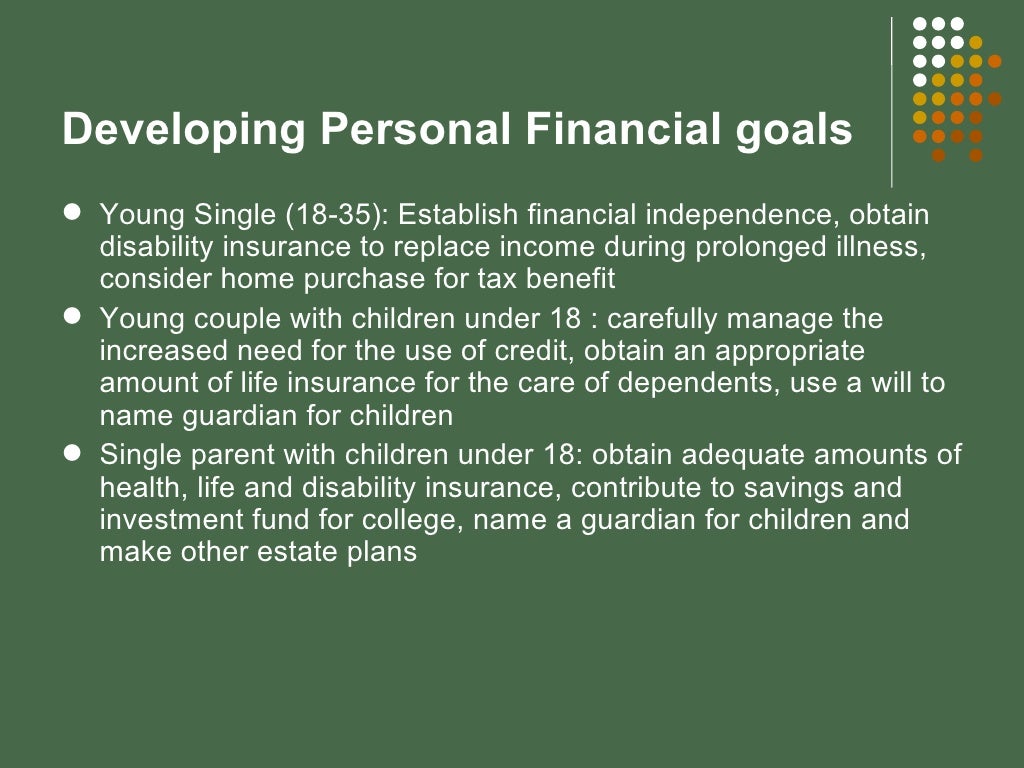
There was a time when people took the help of financial advisers to manage their wealth. In simple words, anything related to money that requires planning and execution can be called personal finance. However, the two main pillars of it are to save money and invest it in the right financial instrument for optimal return. From budgeting to investing, from stock investment to retirement planning, everything remotely connected with money can be considered personal finance. Personal finance is all about planning to achieve the major financial goals in life. But if your personal finance game is weak, you’ll have quite a few issues managing your wealth effectively. Most of us work hard to build a fortune at the end of our work life. Because you’re the one who knows the best about your targets and requirements. If it’s your money on the line, then you’re the most qualified person to decide where to invest the money. The core principle of personal finance is giving the right treatment to one’s own money that it deserves. Ask for a projection of your retirement savings to determine whether you're on track for your age and life stage.Personal finance is more personal than it is finance. Consider different scenarios in your plan to see what levers you can pull to achieve your goals more quickly. Your advisor will likely use a wealth-planning tool to help you visualize your financial well-being. Come prepared with a list of questions, and be sure to share your financial priorities and concerns. Schedule a face-to-face meeting with your financial advisor to discuss your situation and create a plan. There are likely opportunities to improve your financial wellness or accelerate some of your goals. Rebalance your portfolio of investments so your asset allocation is properly positioned for your risk profile and investing timeline. It's important to have some cash reserves, but consider putting your excess cash to work. When inflation is high, cash and similar investments (such as money market funds) will normally yield negative returns. Having the right asset allocation-i.e., the way in which you divide your assets among stocks, bonds and cash-is particularly important during times of market volatility. To do this, you'll need to gather and review your personal and financial data, including savings and investments-and don't forget about your retirement account and Health Savings Account balance.


Whether it's due to challenging market conditions, unexpected life events, general uncertainty about your preparedness for retirement, or any other factor, it's normal to be concerned.

If you're feeling anxious about your finances, you're not alone.


 0 kommentar(er)
0 kommentar(er)
